Oftentimes, people think homesteading means you have to spend fortunes just to get started, but that’s a bit far-fetched. I happened to start my homestead a long time ago when I was flat-out broke with barely anything in my pocket or with no money.
But with a little bit of creativity, thorough research, and hitting every active homestead community online, I pulled it off, and to date, I’ve had the most fulfilling homestead experience.
So, take it from me: you can as well start your own homestead journey despite not having big bucks at your disposal; all you need is a solid determination, and then you’re good to go.
What are we waiting for? Let’s dive straight into how you, my dear friend, can turn your dream into reality without emptying your bank account.
Start With What You Have
Before anything else, you have to know what resources you have, so if possible, make a checklist of everything you have that will come in handy to kickstart your homestead journey.
Got a piece of land? Even a backyard or a balcony also counts. You don’t exactly need a big farm-like land, but if you have one, great! Likewise, look at your storeroom and check if there’s anything you can reuse or repurpose.
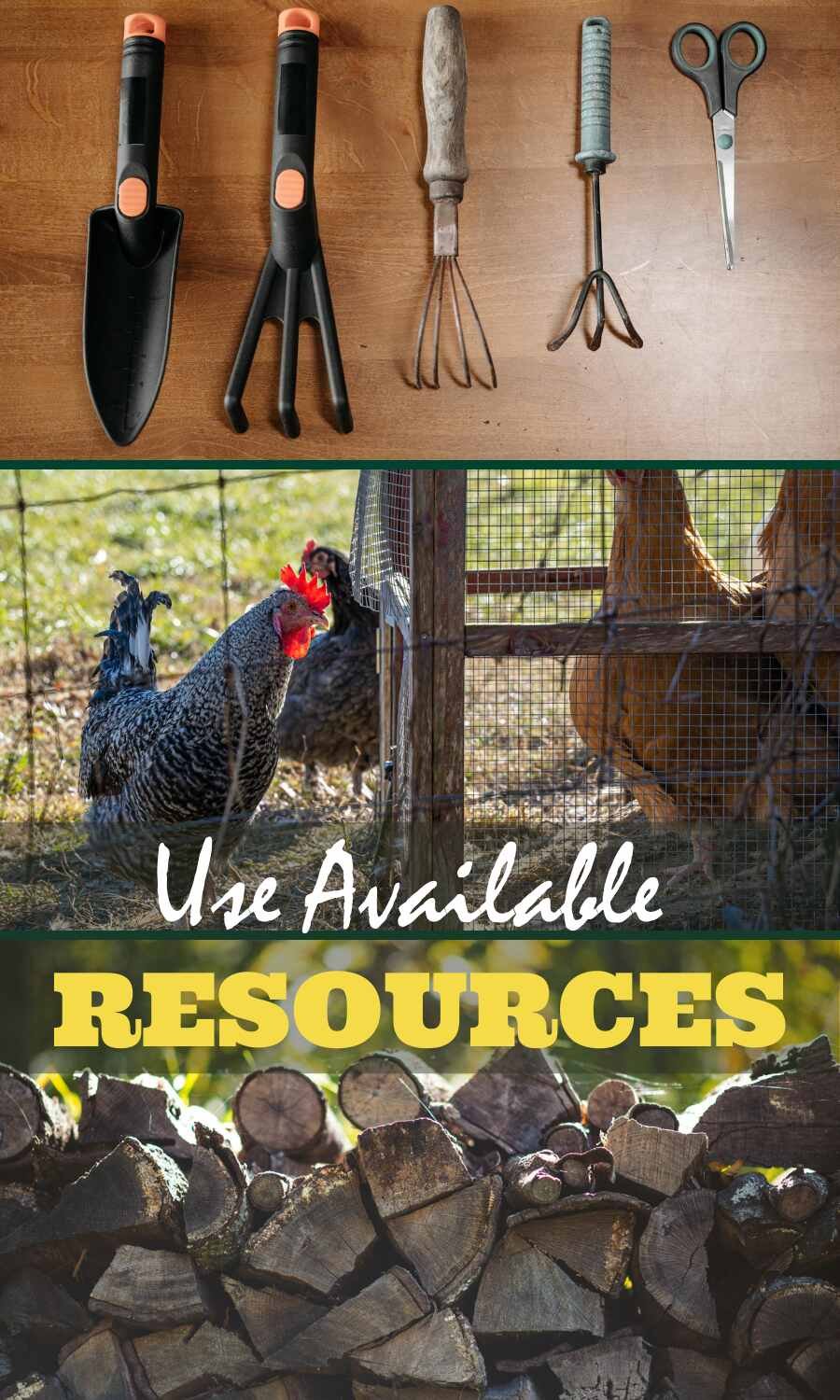
What about the skills? Gardening, crafting, basic construction, and food preservation skills are the fundamental skills that you must have for homesteading.
Don’t worry if you don’t know them all, as you can learn them via volunteering at your local community garden or using online resources. From blogs to YouTube videos, different forums on platforms like Reddit and Facebook are all there, ready for you to teach.
While you are on the lookout for such communities online, make sure to check out if there are any local homestead or farmers groups near you.
Your neighbor could already be homesteading, so give them a visit. Remember, connecting with homesteading people will be the greatest resource you can think of, especially as a beginner.
Secure Free or Affordable Land
In case you don’t have land or any free space for homesteading, perhaps your parents might have one to help you! So, opt for family lands to get things rolling for the time being.
As buying land is not even an option, you can at least consider leasing land from farmers or landowners who are willing to do so in exchange for work. So, it’s a win-win situation for both.
Similarly, you can also look for free land programs, but remember, not all states offer such land grants, and available offers are often in remote areas. So, if you’re ready to get off the grid and don’t mind living in remote areas, it could be your ideal option.
Another rare opportunity that might present to you if you are lucky enough is that some non-profit community groups are willing to provide land free of cost if you agree to use it for specific projects, like sustainable farming or ecological development.
While you may find such free land opportunities in remote areas, it’s a completely different story for those living in urban regions. In that scenario, search for community garden programs that offer plots for low prices.
Grow Your Own Food from Free Resources
In most people’s homesteading stories, growing their food was their first step, and it is relatively easy to achieve with basic gardening skills. Having said that, it does require time, patience, and unwavering determination.
First and foremost, you’ll need seeds, which you can collect from fruits and vegetables. But remember, seeds from fruits or veggies that were grown using chemicals might not germinate. So, aim for organic, chemical-free foods to collect seeds.
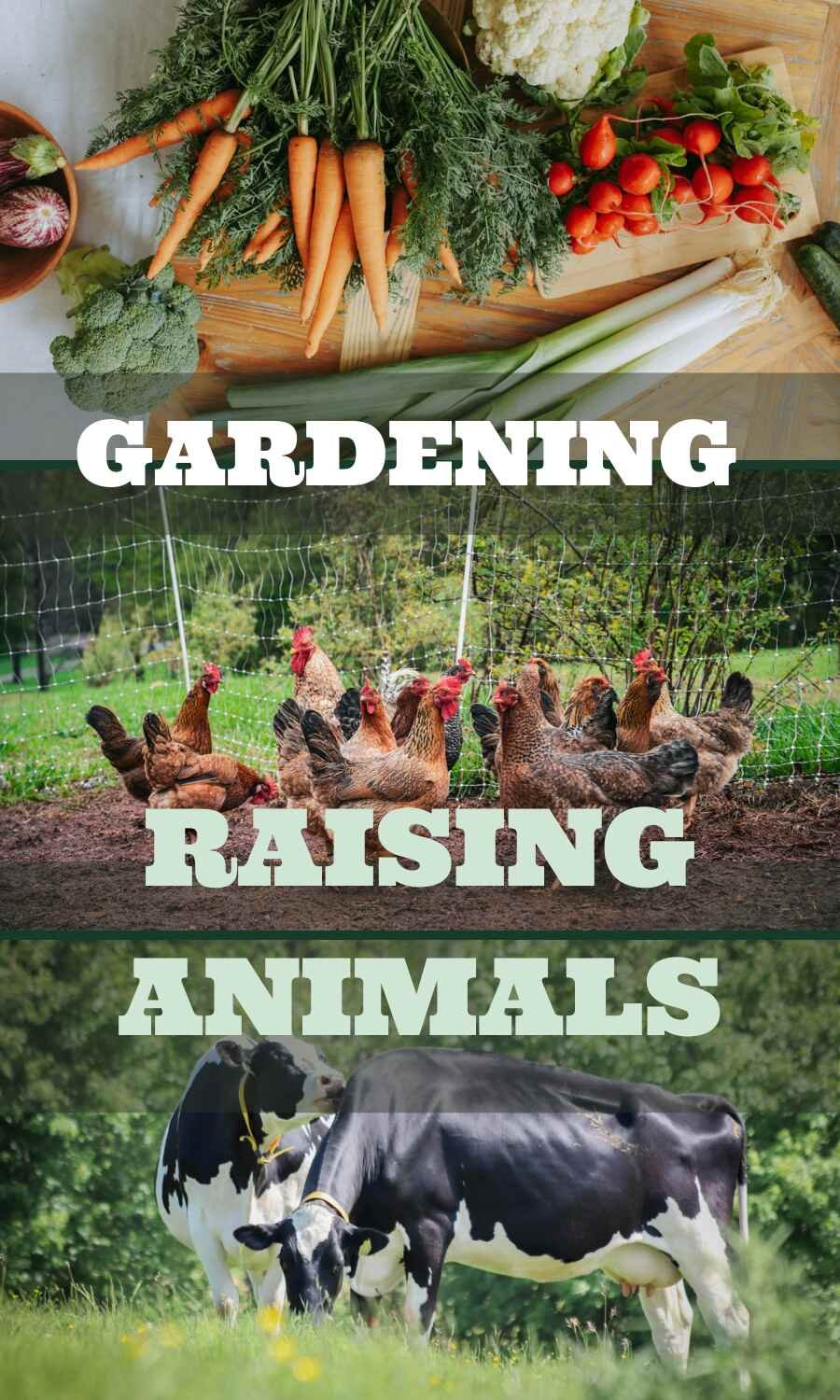
You can also get your hands on seeds by visiting local groups where they donate and offer seed swaps.
For the gardening, you can repurpose any household items. For instance, milk cartons or water jars will be excellent planters; just make sure you poke some holes in them.
Similarly, composting is an ideal option for fertilizer. So, say no to throwing kitchen scraps.
Instead, start collecting organic kitchen waste or anything that decomposes quickly and turn them into nutrient-rich compost. That’s it: you have fertilizer for your garden without spending a dime. Genius, right?
Forage for Food and Materials
I am not suggesting you wander in the wild for food. But in the beginning days, you can test your patience to become a good homesteader when you’re at nothing.
If you’re a plant lover or botany student, you can forage for edible plants, mushrooms, herbs, fruits, or roots.
But don’t fall for random wild findings. You need expertise to confirm whether they are edible. Also, don’t trespass on the wild or other properties without a permit.
Always, check local norms and regulations for foraging!
Build Shelter and Infrastructure with Minimal Cost
With food and land checks, it’s time to manage housing space. As we have little to no budget, we only have a bit of limited options. Nevertheless, you can work around old sheds or trailers and give it a few quick fixes. Voila! A livable space.
I used recycled materials like free pallets and reclaimed wood from a warehouse nearby for walls and flooring. Likewise, for roofing, I salvaged metal sheets and tins from demolished buildings.
Another important part of homesteading is obtaining water via natural sources, and rainwater is the most feasible option. It’s pretty simple, too. All you need to do is use any large containers, even old kiddie pools, under roof edges where water naturally drips.
As for electricity, search for small-scale solar setups online, especially secondhand panels. Otherwise, you can make your own solar panels by purchasing small solar cells online and assembling them using wood or plastic frames.
Repurpose Materials for Building
Never hesitate to get help from your neighbors or nearby areas.
You can collect free and useful materials from neighborhoods, construction sites, or junkyards. Wood, pallets, and other recycled goods can help you a few more dollars.
After claiming these resources, you can make DIY shelters or storage.
Acquire Homestead Animals for Free or Cheap
To get free homestead animals, you will have to sharpen your research and conversation skills and search for nearby farms where they might be giving away or selling animals at cheaper prices.
Similarly, spread the word in homestead communities that you are looking to adopt animals, so if there are any farmers downsizing their farms, they will give it to you.
Remember, not all animals are suitable for homesteading, as some require intensive care and expensive vet visits. So, choose low-cost animals that will enjoy your homemade food alternatives and find comfort in a simple recycled shelter.
Embrace Permaculture Principles
Permaculture refers to land management and settlement plans to create natural settings and self-sustaining homesteads.
It helps you build houses, grow foods, and create communities without impacting the ecosystems. Village Homes, located in California, is a great example.
You can start permaculture tasks such as composting, organic gardening, making natural pest control, etc.
Set Up a Simple Compost System
Wherever people or any creatures live, there comes waste in several forms, such as stool or after-use materials. That’s the nature without help!
So, food scraps, yard waste, garden trash, or any other organic debris can be reusable sources for gardening.
Composting is a way that is free and provides organic fertilizer.

Learn Essential Skills for Free
When I thought of homesteading, I had no skills whatsoever, not even basic gardening skills. But thanks to the internet, I found so many courses online that taught me everything I needed to know.
You can begin with survival skills such as foraging, shelter building, water purifying, first aid, gardening, raising homestead animals, etc.
If you love to read other people’s experiences and learn from them, then give a visit to various forums or blogs about homesteading. Likewise, there are hundreds of YouTube channels that share in-depth details about homesteading.
Now, if you want a real-life learning experience, you can hit up with local homesteading people and request a skill exchange. They will be more than happy to barter their gardening knowledge for your carpentry help.
Grab Basic DIY Skills
DIY skills are the practice of creativity, so you can experiment with your mind.
There is a long list of DIY skills, including carpentry, candlemaking, basic repair work, soapmaking, sewing, making own cleaning supplies, etc.
It’s hard to get the perfect shape and result at the first attempt. So, I recommend you to get free online resources and local workshops and repeat the process.
As you feel you’re handling things easily with appearance and uses, you are ready to make some fine crafts and grow homestead.
Use Rainwater Collection
Rainwater can be a lifesaver during scarcity and drought.
You can use it for different purposes such as gardening, laundry, bathroom, and other homestead tasks (after filtering).
It is easy and simple to make a rainwater collection system using buckets or barrels. Cisterns or collecting water outdoors and making trenches are some ideas, to name a few.
But again, you need to comply with the local laws or regulations as there are many states that claim the rainwater is not free for individuals.
Bartering and Trading to Save Money
Thanks to the like-minded, supportive, and understanding homesteading community, bartering and trading have been an excellent way for everyone to save money while acquiring the necessary goods and services.
So, find out what you can trade and what you need first. Remember, anything that you don’t need or have extra might be someone else’s need and vice versa.
While many often trade goods like foods, tools, or homemade items, you can also trade your skills.
To do so, you can start by visiting nearby communities or farmers markets. Otherwise, check out online platforms like Craigslist, Facebook groups, or bartering websites like SwapRight, Simbi, or BarterOnly.
Tap Into Community Support
As you are starting homesteading without spending money, it’s a must that you connect with the community as it fosters mutual support and resource sharing.
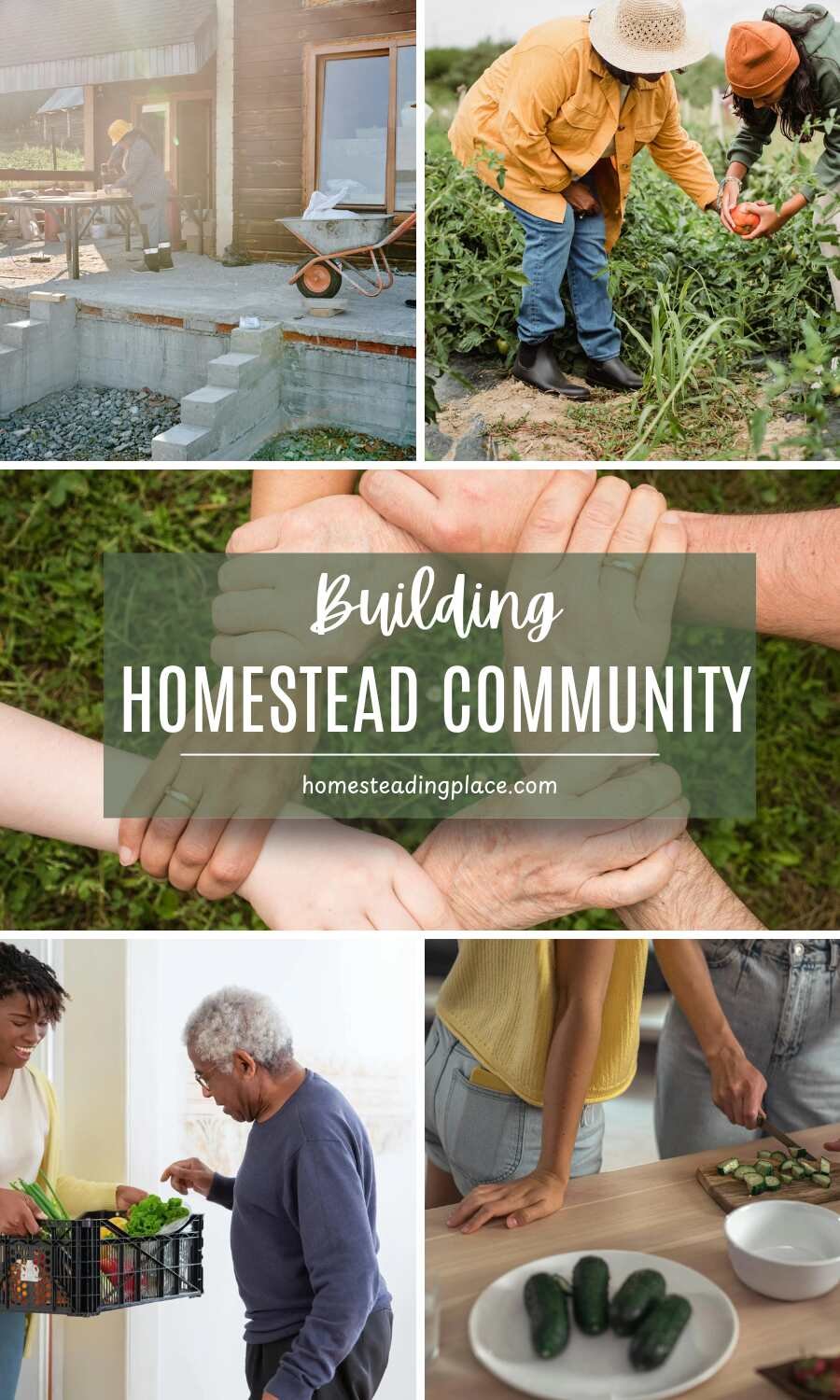
Moreover, it’s always pleasant to feel a sense of belonging as you find so many like-minded people; they become your emotional support during the homesteading.
That’s not all. Connecting with the community opens the door to benefits like resources, knowledge, and labor sharing to save money.
Besides joining the local community, search for any available grants or programs online, as government and nonprofit organizations often provide them for sustainable projects.
Extras
Start a Small Backyard Garden
Raise Chickens or Small Livestock
Preserve Food Without Expensive Equipment
Explore Off-Grid Energy Alternatives
Save and Reuse Seeds
Establish a Home-Based Income Source
Harvest and Preserve Wild Game
Make Use of Natural Fencing Options
Create a Homemade Watering System
Learn to Repair and Upcycle
Final Thoughts
Remember, taking the first step brings you closer to your dream, although it might seem scary.
So dare to take that first step—everything else will follow naturally, and eventually, you’ll be rewarded with a successful homesteading experience.


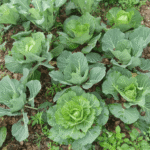




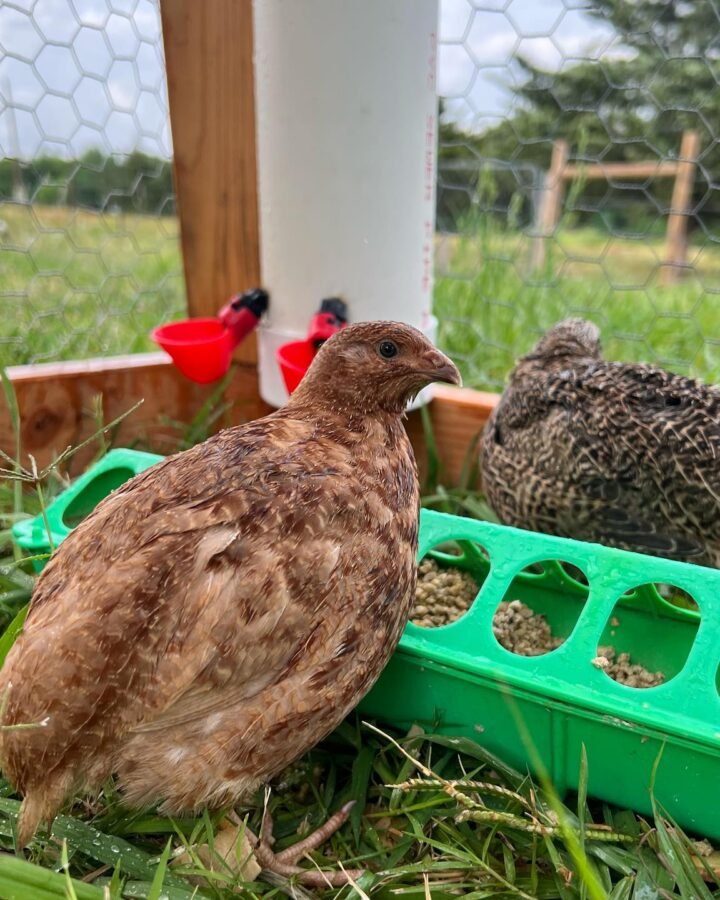

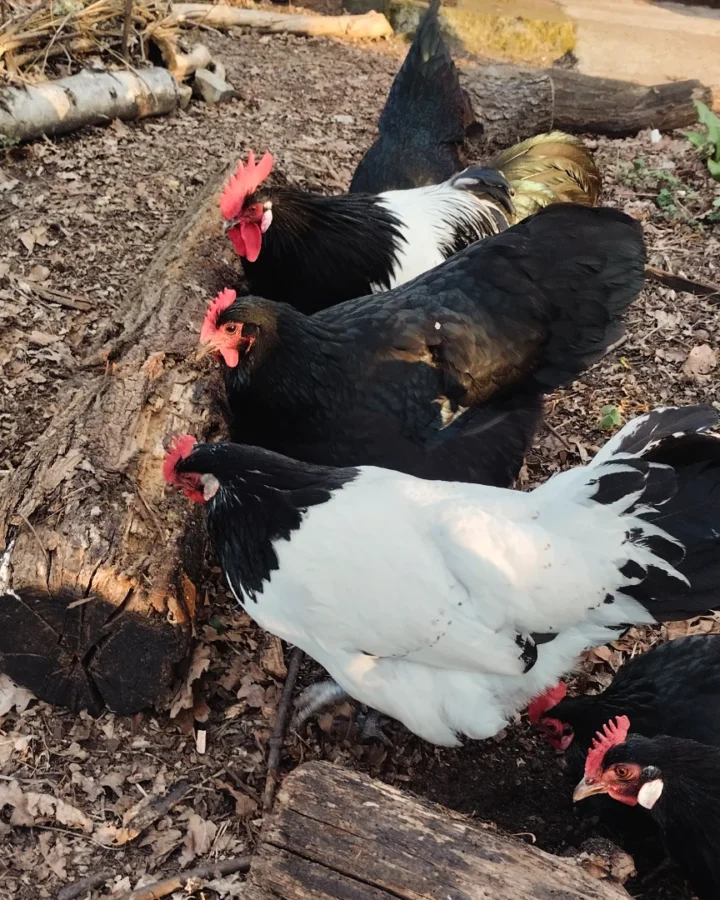
Leave a Reply